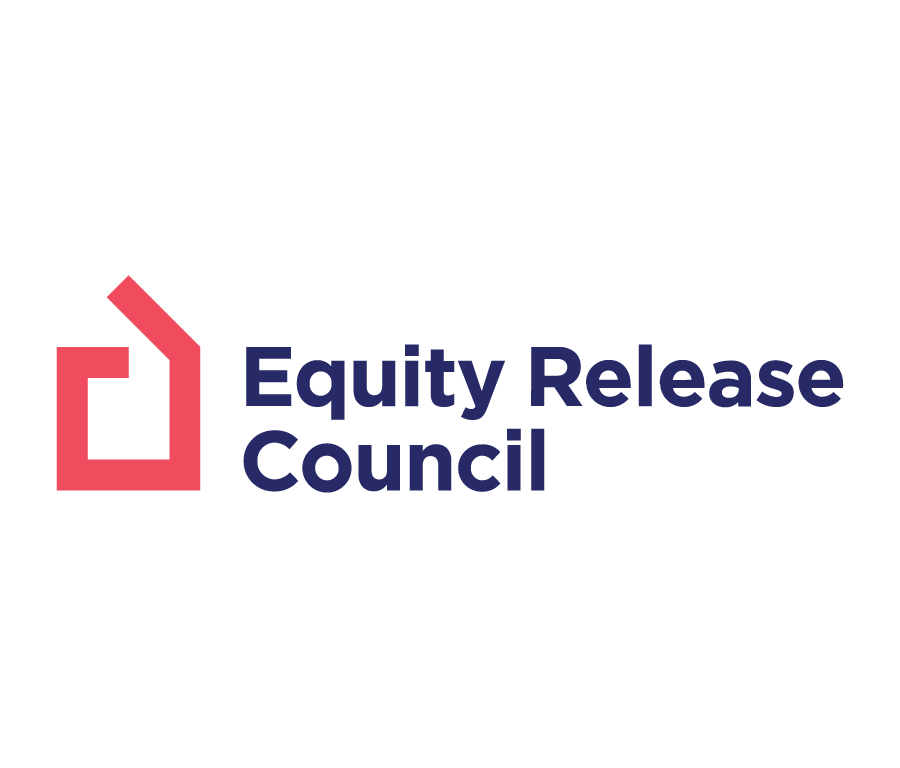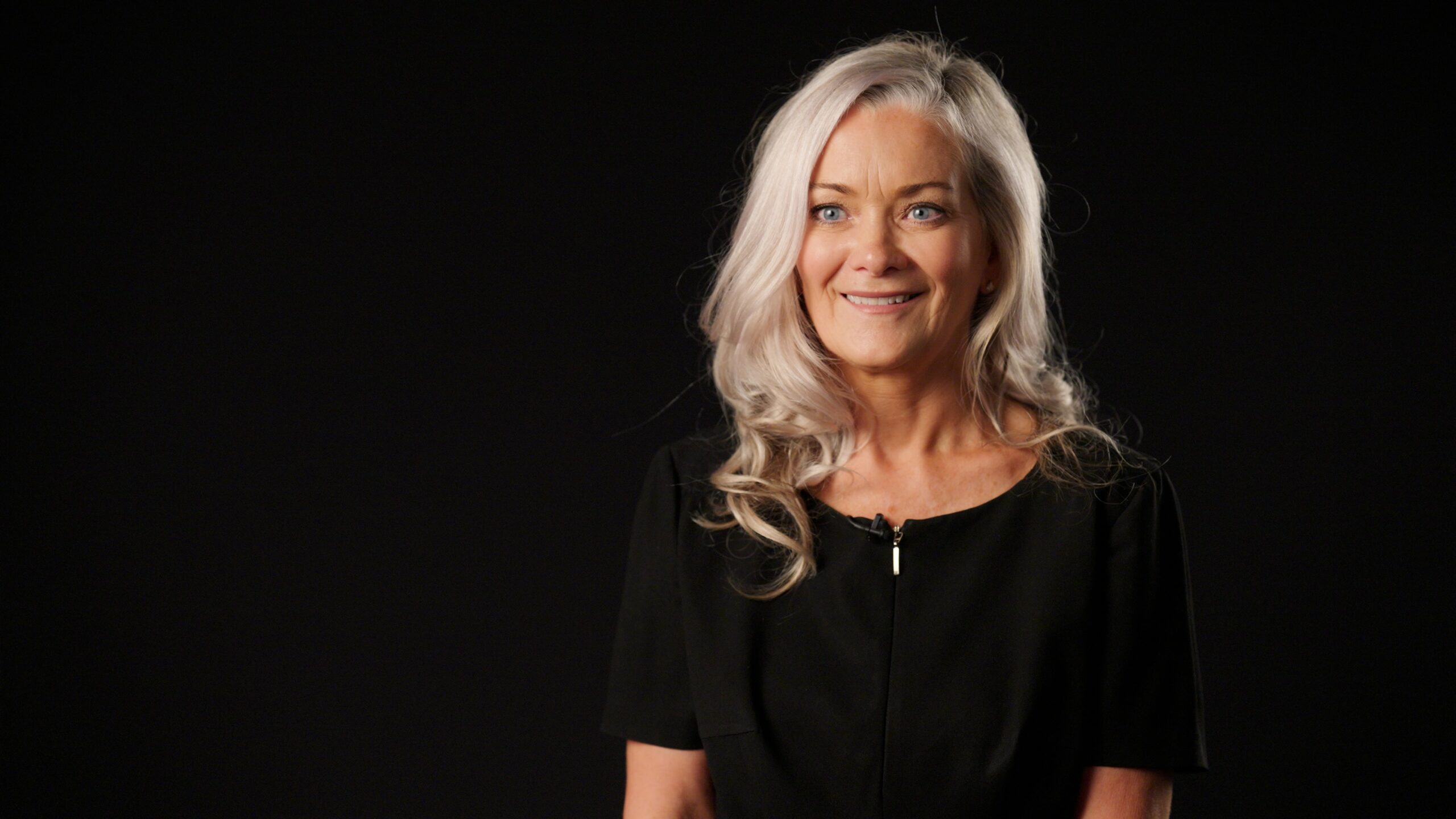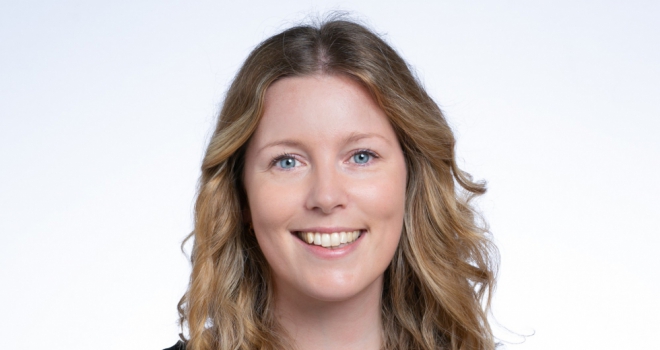26 August 2021
Focus on gender equality
Journalist Sarah Robinson asked three Women’s Recognition Awards finalists, each working at Council member-firms, about their experiences of gender barriers in the later life sector, and what else can be done to encourage more women to join up.
The financial services industry has made significant strides to improve diversity among its members. Women are making up an ever-growing proportion of that workforce, and increasingly filling top leadership positions.
The road hasn’t been easy, and it’s still not a case of mission accomplished.
A revolution in flexible working – a dividend of the pandemic – could yet prove to be the biggest catalyst this century for even greater gender representation.
But the three of the finalists in the Financial Reporter awards told us education, role models, and supportive fathers also have a key role to play to help working mothers.
 Amanda Parsons, director at AAP Financial Solutions, has seen it all. Once made redundant while on maternity leave, something she acknowledges would be unlikely to happen today, she now runs her own business.
Amanda Parsons, director at AAP Financial Solutions, has seen it all. Once made redundant while on maternity leave, something she acknowledges would be unlikely to happen today, she now runs her own business.
A key concern for her is that change should not merely be about just to tick a box.
“I’d like to see more women in the industry, but not for quota’s sake,” says Amanda
“We need to ensure that gender balance is not achieved through box ticking and poor recruitment but by bringing men and women to the highest level of achievement that they can work at, so the best person gets recruited for each job.
“Yes, I think the industry could have done more to support me as a woman in the past. But I think this is a wider issue than the industry is responsible for alone. It is about wider society valuing, supporting and empowering women to be the best they can be in any career and facilitating them to progress, and not be held back by childcare and family responsibilities.
“Getting made redundant whilst pregnant would probably not happen [today]. Nor would being frowned upon to take time off in school holidays or inset days when I had no childcare.”
The benefits of gender equality, and how important it is that companies better reflect the customers they serve, is accepted wisdom now.
“I think we make the best decisions for our businesses and customers with a diverse workforce, and that’s diversity in every sense,” explains Claire Singleton, who is on the Council’s board of directors and is also CEO at Legal & General Home Finance. “Increased female representation is an important element of that.”
Nicola Firth, founder and CEO of Knowledge Bank, agrees. 
“Any industry benefits from diversity and this includes inclusivity for all marginalised groups of people,” she said.
“It’s great to see how the barriers and views have really changed. I think the other thing that has really helped is having some great women in our industry who have been both spokespeople and role models, and who have encouraged others to follow their lead.”
But it’s also clear that it’s not just about numbers. The positions that women are occupying are just as important.
“I don’t think the financial services industry has ever struggled to attract women,” says Amanda, “though a lot of these roles may have been part-time and lower paid.”
These three finalists have all carved out high-level careers in the later life sector and all are both advocates and ambassadors for it. But not everyone manages to do so.
“In general, women look to other senior female role models. Historically, there just haven’t been enough in financial services, and in particular in the later life lending space,” Claire believes.
It’s a sentiment echoed by Nicola.
“I would have to say women are underrepresented as we’re not in a situation where half of the workforce or half of the members sitting around board tables are women, but what I would say is that we are in a lot better position than we were even ten years ago.”
A decade is a long time in financial services and rapid progress appears to have been made even since the start of the pandemic.
“In the later life lending space, women are still fairly under-represented but I’ve seen this become more balanced, even in the last 18 months,” says Claire.
“Since entering financial services, I have definitely seen a step change in more women joining the industry and moving to senior positions and this, in turn, attracts and retains more diverse talent.”
 Claire is not an advocate of formal gender targets either but says: “The work of bodies like the 30% Club, which is a campaign to increase gender diversity at board and senior management levels, has definitely made an impact at board level which has flowed down through firms. Things are definitely changing for the better and I am sure they will continue to do so. It’s a great industry for anyone to join.”
Claire is not an advocate of formal gender targets either but says: “The work of bodies like the 30% Club, which is a campaign to increase gender diversity at board and senior management levels, has definitely made an impact at board level which has flowed down through firms. Things are definitely changing for the better and I am sure they will continue to do so. It’s a great industry for anyone to join.”
Nicola highlights HM Treasury’s Women in Finance Charter.
“This has been a fantastic initiative and gives firms the opportunity to publicly pledge their support to inclusivity and publish their progress towards delivering against the targets set for the progression of women in senior roles.”
So a big part of the struggle comes down to the visible difference in the roles played by men and women.
Amanda said she had faced some tough personal challenges during her 23 years in the industry, feeling as though she always had to “over-achieve and be seen to be doing more just to stay level with everyone else”.
Part of the answer to recruiting more women could be to strike when they’re young.
“I really think that education and careers services can have a big part to play in this,” Nicola thinks.
“I believe that there’s much more work to be done in educational settings around finance in general, so that children aren’t leaving school, college and even universities without understanding how to manage their money.
“Inevitably, once younger people see and understand what a big sector this is, they will naturally be curious about the roles within it, which will help to boost the number of women entering the sector but also young people in general.”
It may seem counterintuitive, but Amanda feels that much of the progress to come will be founded on supporting men — not women.
“We should not forget our bigger role in all this,” she says.
“For every man who works in financial services, who has a flexible employer and isn’t frowned upon because he’s doing the school run and not attending an 8:30am meeting, we may be supporting the career of a woman in another sector, because they share the childcare.
“Until attitudes and flexible working policies change to be more flexible towards sharing parental responsibilities, it will continue to be difficult to attract and retain women in higher positions unless they get the support and freedom to undertake these roles.
“In supporting our male industry colleague, we are supporting wider society and educating younger generations about inclusivity. If this couple had a daughter, she might aspire to work in a financial services role like her father when she grows up. She will have seen throughout her life that all genders are welcome in financial services and there are great career opportunities for everyone.”
Amanda is a trailblazer, in that she has been in the industry now for over two decades and knew it when it was very different. She remains a passionate advocate for it.
“I built my career up quite slowly over several years, gradually increasing my workload as my son got older. I’ve worked full-time hours (plus more!) and at all times of night and day while bringing up my son, for the main part, as a single parent.
“Working for other people was a lot more restrictive but I’m proud to say I’ve never missed a school assembly, sports day or any other monumental event in my son’s life. Our industry gave me this freedom, but the real autonomy only came once I started working entirely for myself.
The main takeaway from all three of our panel is that progress has been made and continues to be made. That’s something the industry can be proud of but there’s more to be done.
“We need to be open to exploring new ways of working and getting the best out of people, building on our resilience, using the experience of pandemic working from home and a can-do mentality to drive female progression forward and make the industry inclusive,” says Amanda.
For Nicola, the doors are wide open for women who want to join the industry.
“In recent years the industry has come on in leaps and bounds. It really is a great one for women to join and anyone entering today will feel that the door is being held open for them and a warm welcome awaits.
“They will be motivated and inspired with the examples that they see.
“As more women take up more positions, it bodes well for the future. We are very lucky and have some incredible people in our industry and that includes many men who are leading the charge in championing gender equality.”



